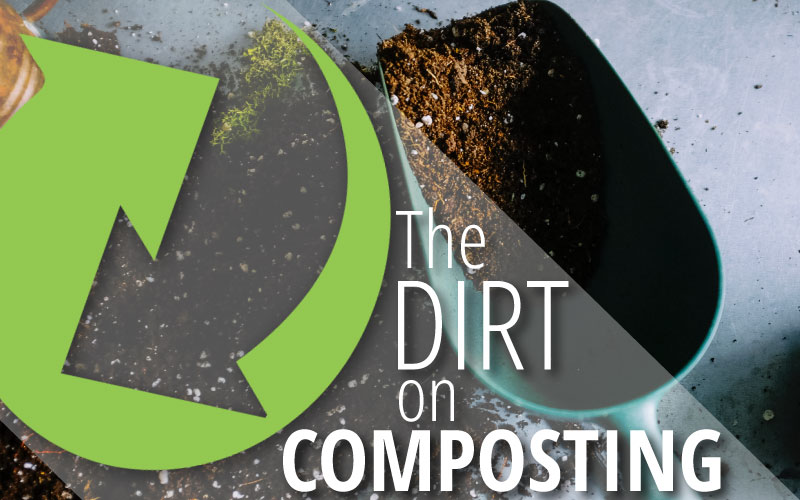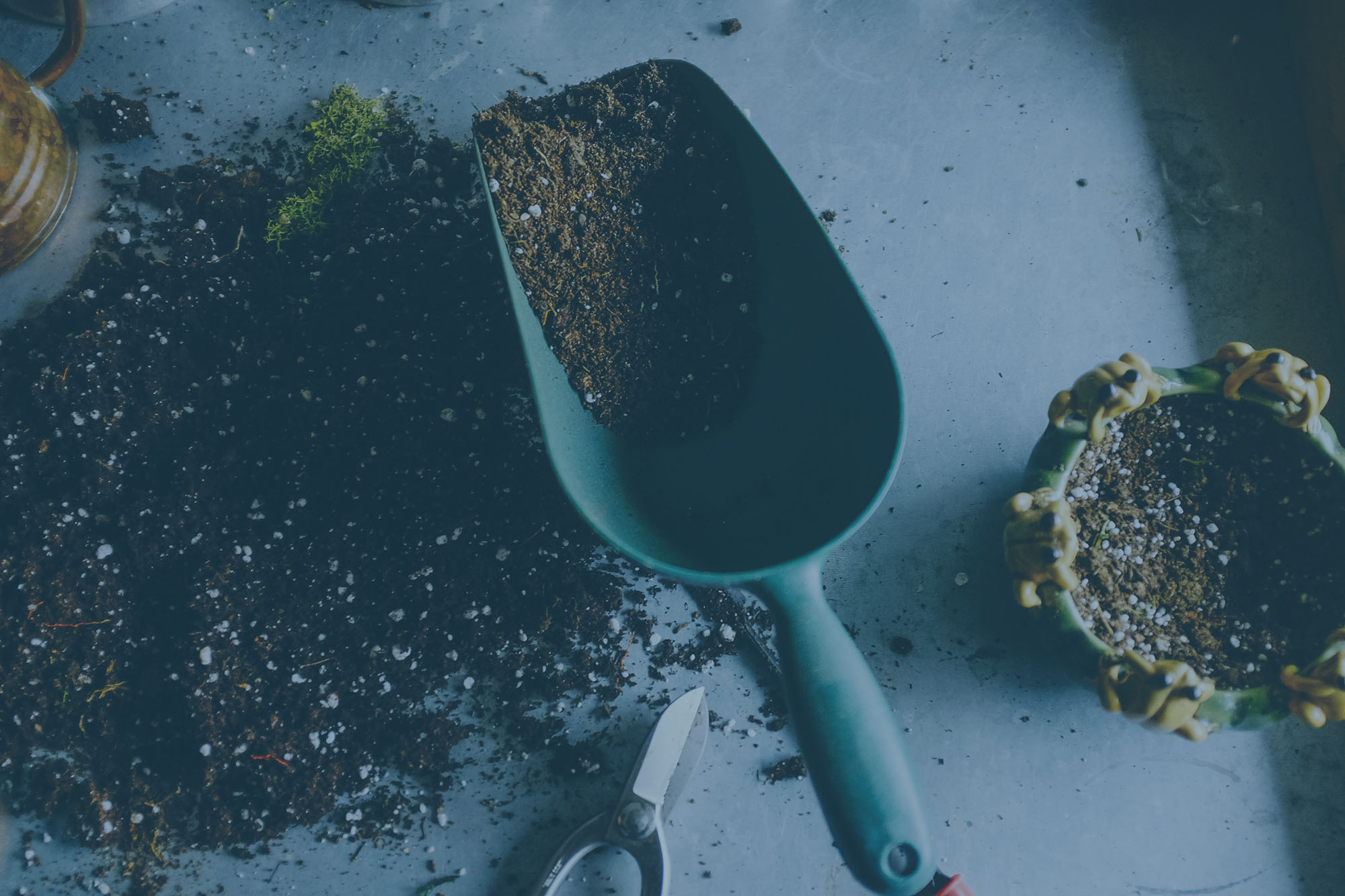The art of composting has several different factors that work together to create an organic matter.
Broken down by microorganisms into this usable form, it aids in environmental well-being while offering nutrients rich for plant growth. The benefits are seen daily, from reducing methane emissions in landfills to minimizing the need for chemical fertilizers.

In addition to composting for many of the local events, BARC pairs together with individually owned farms in the area in need of compost to sustainably feed their animals and enrich soil for crops.
Through this partnership recycling comes full circle, allowing food that would be sitting in landfills to be repurposed as a source of natural energy and necessary nutrients. One of these local farms is Realeyes Homestead, whose owners hold a strong belief in sustainable living while taking the reigns on matters that BARC fully believes in.
With both chickens and pigs to feed, we help them by providing food waste for 90% of their diets!
Not only does this give us a place to have our compost utilized but also, with the farm being closeby, depletes the cost of moving this heavy matter. Their podcast, Permaculture Realized, delivers on the knowledge needed to turn your own homestead into an ecologically restorative part of the community. If you’re curious how BARC got it’s start, they’ve done an interview with founder Andy Gale on the ins and outs of large scale recycling. With a passion for producing good quality food while improving soil and land, Morganic Farm is another one of our partners we offer compost to. They house hogs, dairy goats, rabbits, ducks, and hens while doing all of their gardening by hand using ecological practices on their 30 acres.
Are you a local farmer in need of compost to feed your pigs? Contact Us!
What can be composted?
Most food scraps are compostable, including fruits & veggies, eggshells, coffee grounds & filters, tea bags, nutshells, and more; but it doesn’t stop there. Household items such as paper and cardboard products (but not coated, shiny paper as seen on some food labels), cotton and wool rags, fireplace ashes, and vacuum lint can also be added to enrich your composting source.
Compost is made up of three different parts:
- Browns (dead leaves, wood chips, branches, twigs, etc)
- Greens (fruit & vegetable scraps, grass clippings, coffee grounds, etc)
- Water
These are layered evenly and turned occasionally to aerate and aid the decomposing process.
It’s easy and simple to do.
Piles need to be turned only once a week in the summer, and about once every three to four weeks during winter. Getting a bin with small worms or critters will help along the process. When composting is done right, you won’t even notice it’s there.
Composting is for everyone!
Apart from the benefits already mentioned, compost will help your plants flourish! Use it in houseplants or sprinkle it around your garden and lawn and you’re sure to notice the difference. Interested in making your carbon footprint smaller? BARC started their composting with a simple palette board setup. If you have yard space, you too can create one just like we did by following this tutorial!
We hope this has inspired you to start your own journey in composting to better our environment!
————————————————
Additional Green Solutions:
If you are a local business and would like local compostable service-ware, you can order locally, right in TC from BARC!
As consumers, play a part by asking your favorite local establishment to provide eco-friendly to-go containers, if they aren’t already using them!
